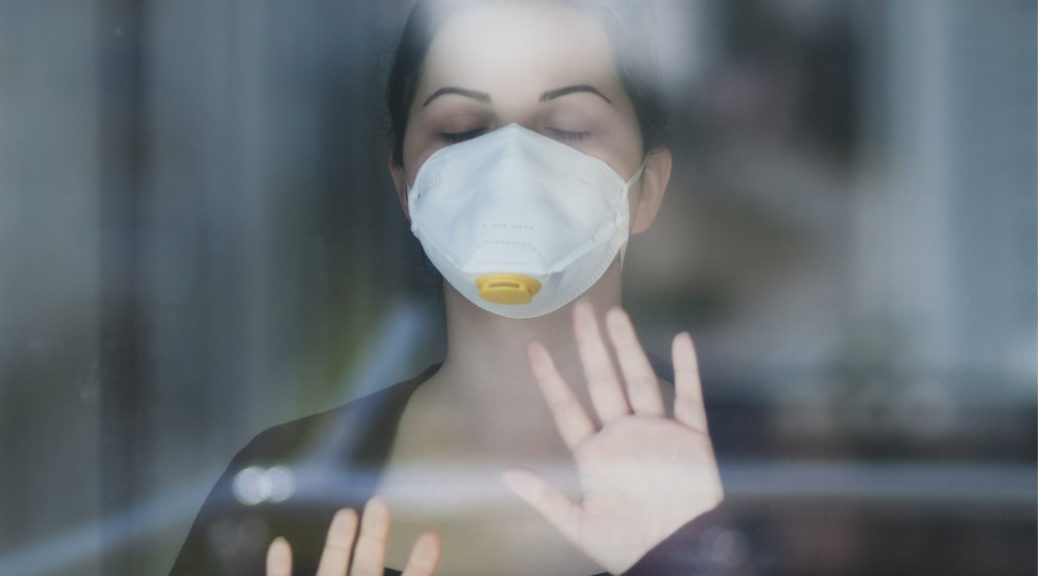Article: Newswise, Photo: Önder Örtel / Unsplash
To date the pandemic has infected 219 million and killed 4.55 million, however, what’s even worse is the depression it caused, especially in women…
With the onset of the pandemic, life ground to a halt and that meant job and income losses or reductions for most people around the planet. These changing socioeconomic conditions put families at risk of food shortages, violence, and substance abuse amongst many others which were linked to alarmingly higher mental health issues amongst women aged 18 and over.
A study at the University of Chicago Medicine published in Journal of Women’s Health and conducted in April 2020 on 3,200 U.S. women found that nearly 80% of respondents who didn’t have previous socioeconomic insecurities had developed at least a food insecurity, meaning that their income had been so greatly affected that their usual food provision had been impacted. What’s worse is that nearly a quarter of the women experienced interpersonal violence.
“It’s incredible and concerning that nearly half of women, including more than a quarter of those who had no health-related socioeconomic risks, had experienced incident or worsening conditions,” said Stacy Lindau, MD, Professor of OB/GYN and Medicine-Geriatrics at UChicago Medicine. “When the world shut down, transportation became more difficult, food access became harder, and very soon after the crisis began, many women found themselves struggling to meet basic needs.”
With these difficulties came a rise in mental health issues. According to the survey, 29% of women reported symptoms of depression and anxiety, nearly twice the estimated pre-pandemic rates, and one in six women portrayed symptoms of post-traumatic stress, a rate like that seen after other significant disasters.
“Women are key to managing and recovering from this pandemic, and now are afflicted by very significant socioeconomic risks that appear to be drivers of anxiety, depression, and traumatic stress,” said co-author Marie Tobin, MD, Professor of Psychiatry at UChicago Medicine.
“Ensuring equitable access to the basics would be a powerful buffer against mental illness in general and could help mitigate costly and painful mental health crises among women and everyone who depends on us,” said Lindau.
However, that is beyond our control but there are several things we could do to help ourselves and each other:
Donate what you can to help someone with a greater shortage than yourself.
Talk to the women around you and even random women; ask how they are and allow them to get a load off their chest.
Talk to your friends about how you’re feeling and talk to a professional. Betterhelp.com has many available professionals at the click of a button. And for a free option by volunteers willing to listen and affordable therapists try 7cups.com.
Make meditation and yoga a part of your life; their benefits of keeping you well have been thoroughly researched and documented. Check Doyogawithme.com for a great variety of yoga and meditations.
Get enough sleep every night and remember that sleeping during the day doesn’t give you the benefits that night sleep does.
Eat well and exercise is the timeless advice repeated over and over again and always holds up – your mental wellbeing is directly linked to your physical health.
